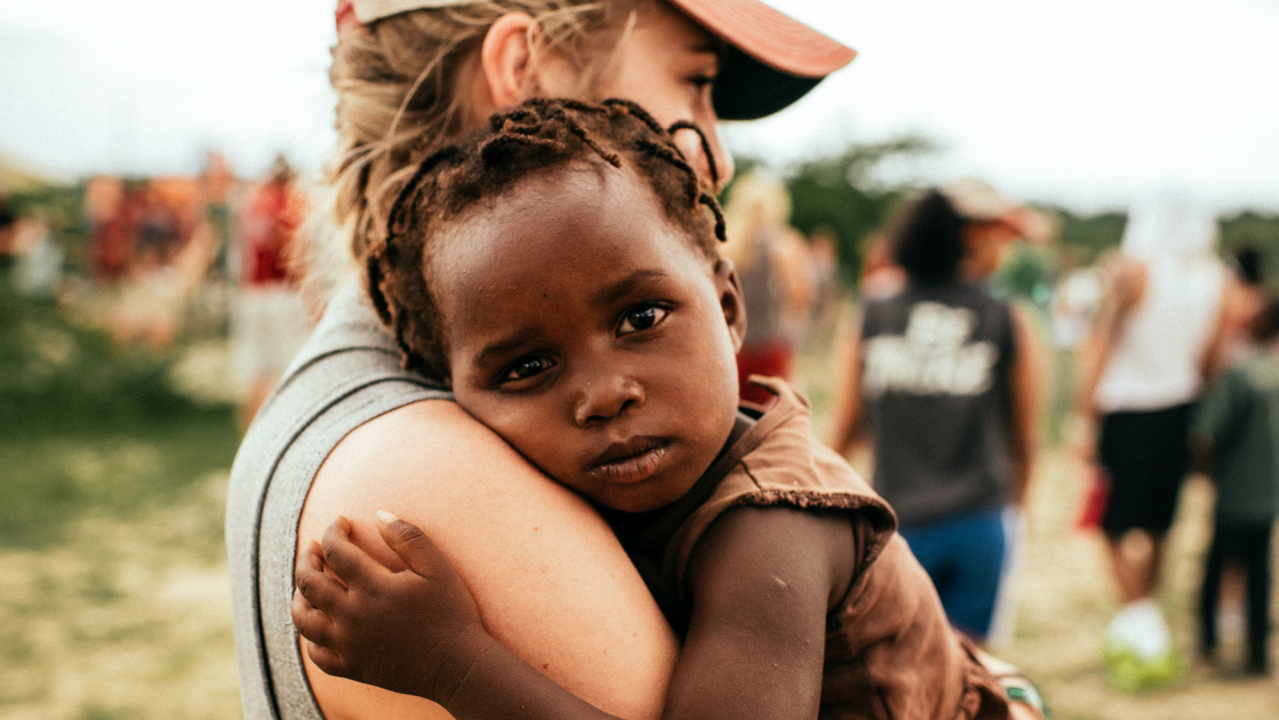 Via Unsplash
Via Unsplash
The World Health Organization is an agency that works with the United Nations. It is dedicated to building “a better, healthier future for people all over the world,” according its website.
The WHO declares that one of its goals is to better women’s health — “we help mothers and children survive and thrive so they can look forward to a healthy old age.” Yet despite the WHO’s commitment on their behalf, women across the globe still struggle with health issues.
Dr. Flavia Bustreo, the WHO's former assistant director-general for Family, Women's and Children's Health, as well as a candidate for director-general of the WHO, wrote an open letter outlining some of the major health issues still facing women. She said that the WHO must recommit to tackling them.
Cancer
Breast and cervical cancers are the most common types for women. Bustreo wrote that the latest global figures show that around half a million women die from each type of cancer every year.
The key to survival is early detection which isn’t always available in developing countries.
Sexual and Reproductive Health
She said that these are responsible for one-third of health issues for women between ages 15 and 44. One major risk factor is unsafe sex in developing countries. About 222 million women don’t have access to contraception services and family planning.
Pregnancy and Childbirth
In many areas around the world, women are still dying from pregnancy and childbirth. In 2013, nearly 300 000 women died from complications in pregnancy and childbirth, according to the WHO.
Most of these deaths could have been prevented, if more women had access to basic medical services.
HIV
Young women are now most affected by HIV infections. Bustle wrote that women often can’t refuse sex with their partners and furthermore, they lack resources for medical treatment if they believe they have been infected.
Sexually Transmitted Infections
Gonorrhea, chlamydia and syphilis continue to negatively affect women’s health around the world. Untreated syphilis alone is the cause behind more than 200,000 stillbirths and 90,000 newborn deaths.
Domestic and Sexual Violence
Though specific statistics are hard to validate because sexual crimes are often under-reported, a UN survey found that every year, millions of women experience sexual violence, from forced sex in romantic relationships, to rapes in countries that are in conflict.
This type of violence affects both their mental and physical health in the short and long term.
Mental Health
Women are more likely than men to develop depression and anxiety disorders, and to live through something that leaves them with post-traumatic stress disorder, such as domestic violence, a disaster or violent civil conflict.
Bustreo concluded by saying that a new global strategy for women’s health is being developed by WHO and its partners. This includes determining indicators and targets and making actionable, financial and policy commitments.
The goal is to bring better health to women and girls, regardless of who they are and where they live.
Reviewed October 25, 2016
by Michele Blacksberg RN
Edited by Jody Smith
Moss, Gabrielle. "The 9 Biggest Health Issues Facing Women Today — And How ..." Bustle.com. N.p., n.d. Web. 22 Oct. 2016.
https://www.bustle.com/articles/68053-the-9-biggest-health-issues-facing-women-today-and-how-you-can-help
"Who We Are, What We Do - WHO | World Health Organization." N.p., n.d. Web. 22 Oct. 2016.
http://www.who.int/about/en
"WHO | Mission Statement." N.p., n.d. Web. 22 Oct. 2016. http://www.who.int/bulletin/mission_statement/en/"WHO | Ten Top Issues for Women's Health." N.p., n.d. Web. 22 Oct. 2016.
http://www.who.int/life-course/news/commentaries/2015-intl-womens-day/en




Add a CommentComments
There are no comments yet. Be the first one and get the conversation started!